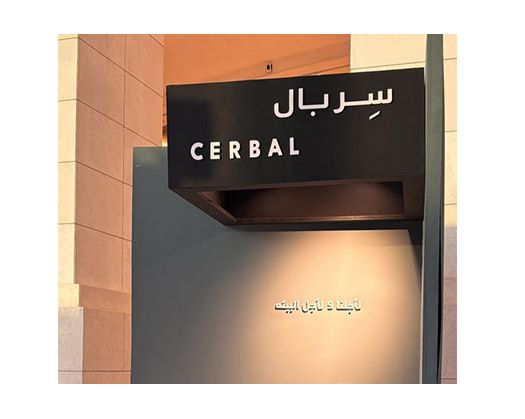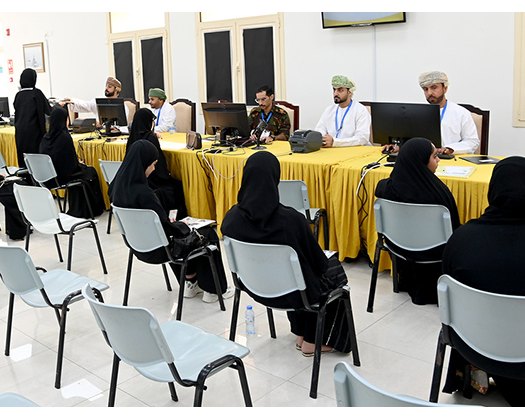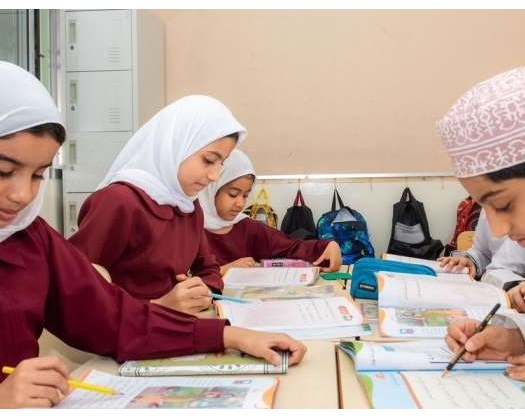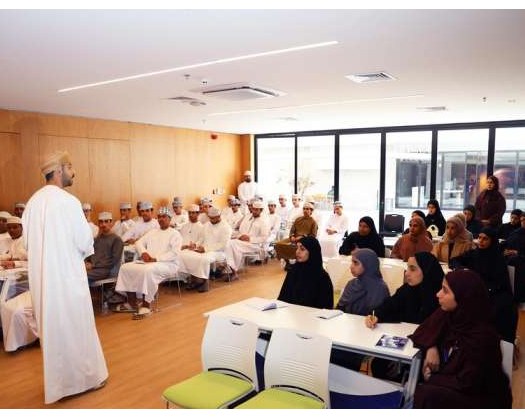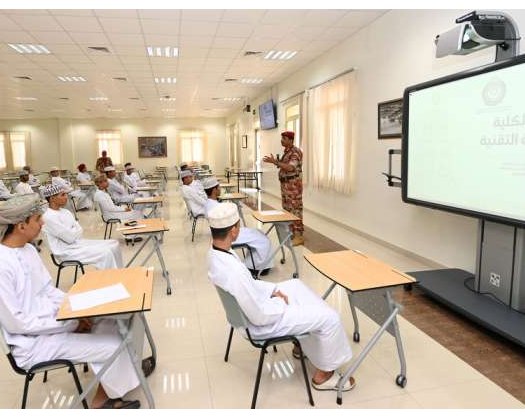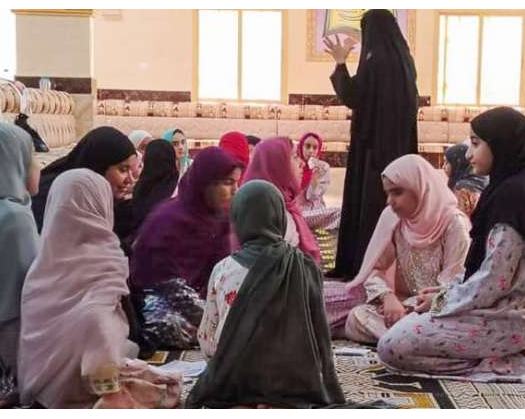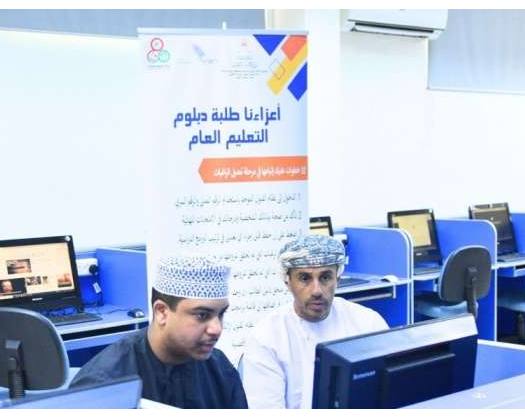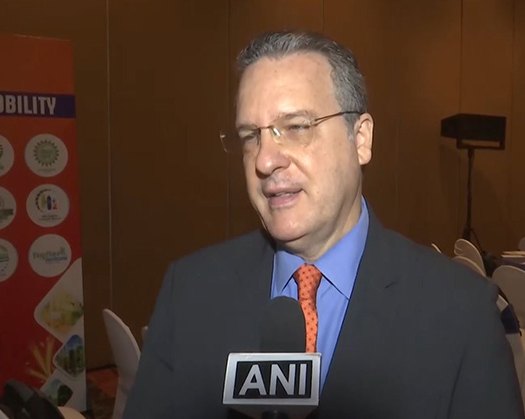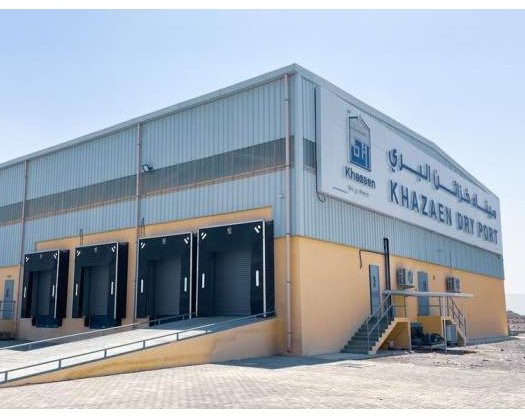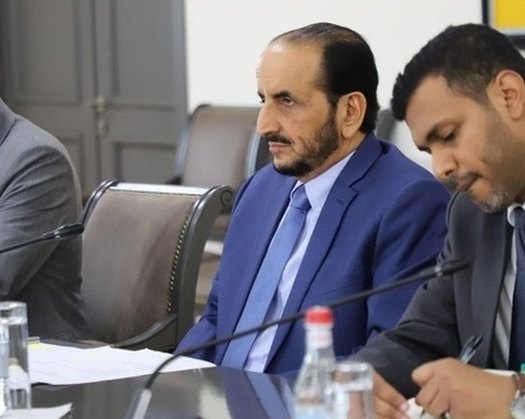Muscat: Cerbal, a student startup emerging from Sultan Qaboos University, presents an innovative technological approach to combat iron corrosion.
Empowering youth, fostering innovation, creating supportive educational environments, and nurturing creativity are crucial elements that significantly contribute to societal development. Given the numerous and escalating challenges the world faces, it is imperative to cultivate a generation that is informed and equipped to tackle these issues, thereby paving the way for a brighter future for both youth and society.
In alignment with the national initiative to empower young people and enhance innovation within educational institutions, Cerbal exemplifies an inspiring model of a student startup that has originated from Sultan Qaboos University. The startup addresses a widespread issue in various industrial sectors globally: iron corrosion. This initiative not only promotes industrial innovation but also emphasizes the importance of utilizing local resources.
Aya bint Ahmed Al Balushi, the development and production manager of the project, explained that Cerbal is a student-driven venture focused on creating an anti-corrosion, heat-insulating, and electrically insulating coating made from 70 to 80 percent of underutilized natural rocks found in Oman. This innovative and eco-friendly solution aims to safeguard metal structures from corrosion, particularly in challenging environments.
Al Balushi further noted that the project's concept emerged from recognizing the significant challenges faced by industrial sectors in Oman, including oil, gas, and water, where corrosion leads to substantial financial losses and environmental harm. This observation prompted the inquiry: Can we discover an effective solution within nature?
Aya Al Balushi highlighted that the startup focuses on businesses within industrial sectors, including oil and gas, desalination facilities, construction firms, and seaports, as well as government entities engaged in infrastructure and maintenance.
Regarding the challenges this project faces, Al Balushi pointed out several issues, notably the shortage of specialized expertise in industrial coatings.
She underscored that the project team has received substantial support from Sultan Qaboos University, which has provided essential laboratories and equipment for experiments and analyses. Faculty members from the College of Science have also offered supervision and scientific guidance, aiding in the systematic development of the concept.
When discussing the risks linked to this innovation, Al Balushi noted that the new paint product might encounter resistance in the market due to unfamiliarity and a preference for traditional paints, along with competition from more established companies in the industry.
Aya mentioned that the team has performed extensive testing on paint samples in various environments that replicate real-world conditions, collected feedback from specialists and potential customers to enhance the product, and crafted a marketing strategy that incorporates market insights while highlighting the product's environmental and economic benefits.
The project team emphasized that their vision extends beyond merely creating a technical product; they aim to convert academic knowledge into sustainable economic solutions that benefit society and decrease dependence on imported materials.

